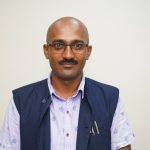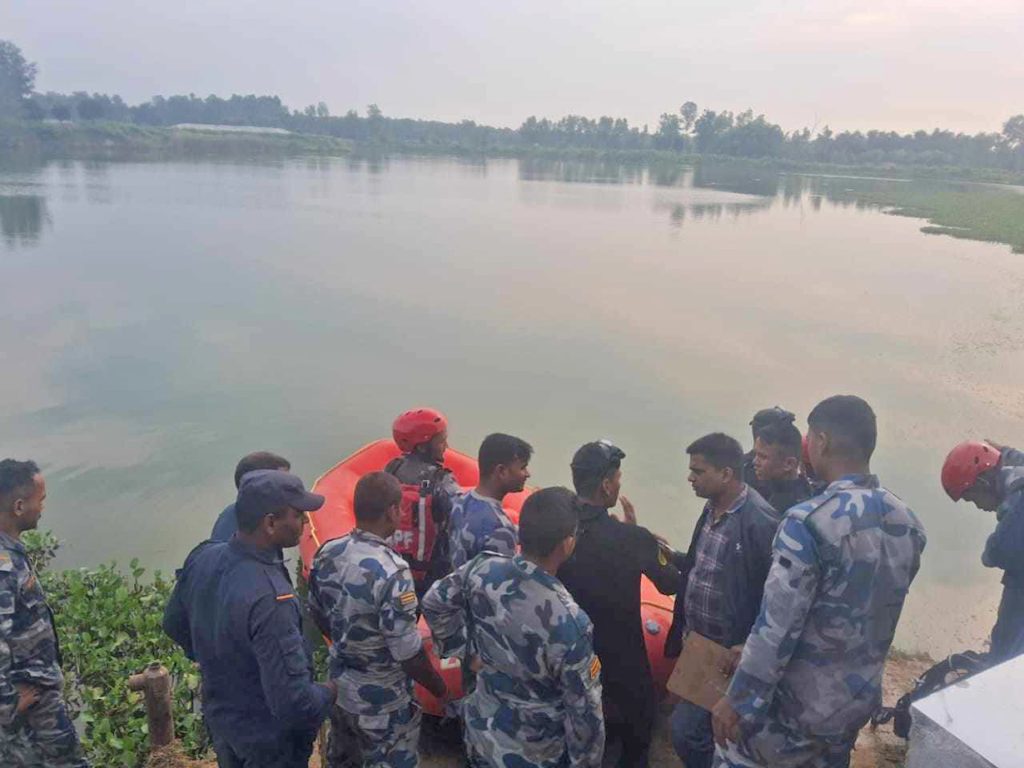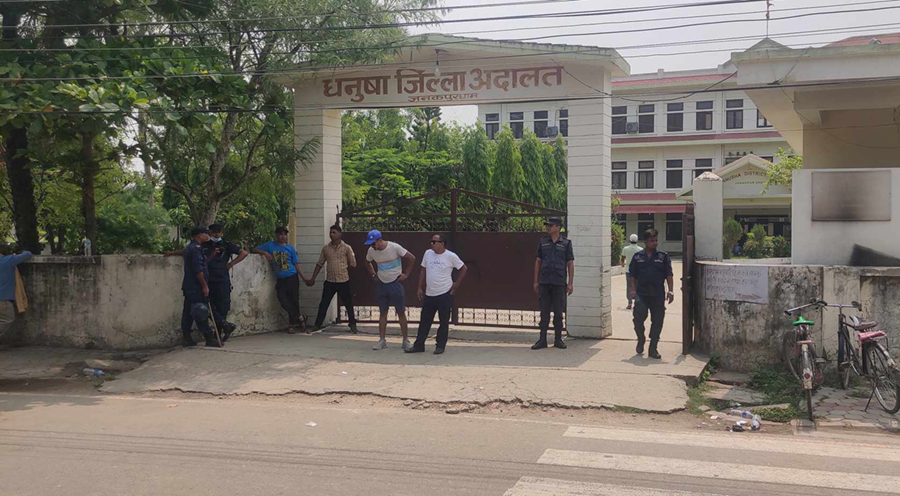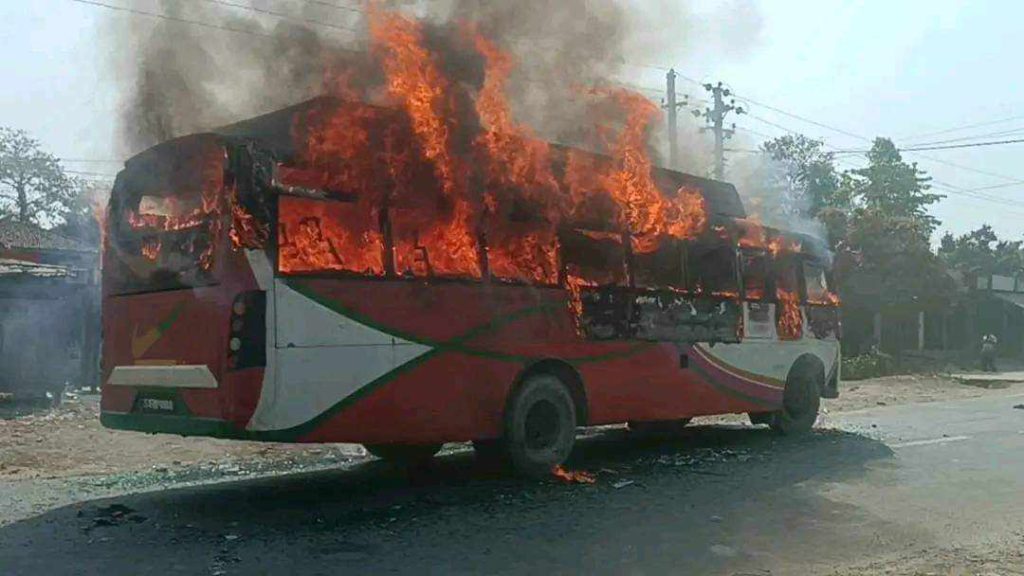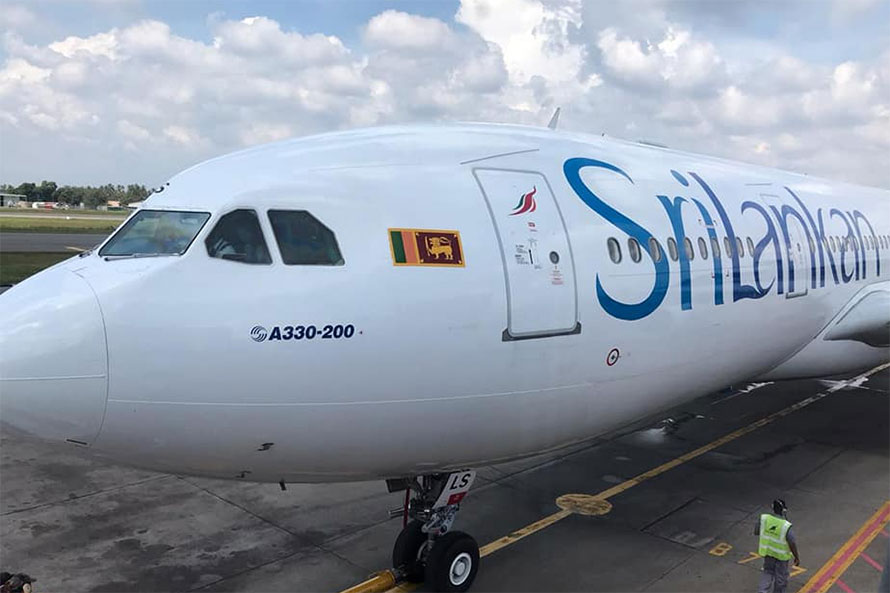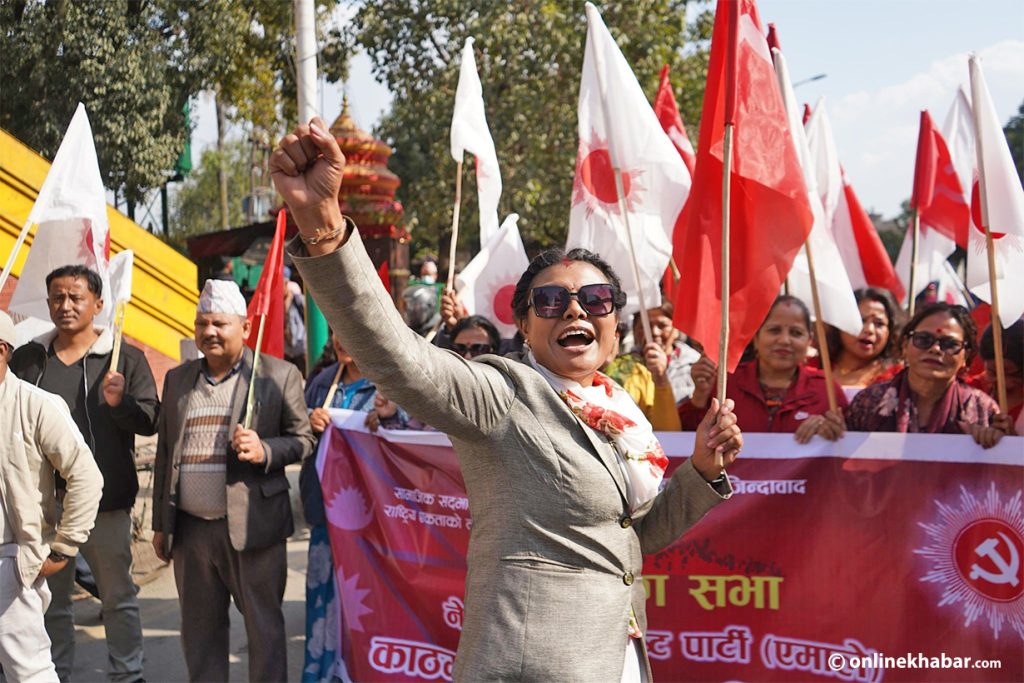
Praveen Kumar Mahato, a 27-year-old resident of Hariban Municipality-10, Ghurkauli Chowk in Sarlahi, has been grappling with an uncertain future for his family due to the lack of citizenship, a struggle that has persisted for years.
Praveen’s family operates a small food stall that sells litti, samosas, tea, and sweets, which serves as their only source of livelihood. Despite providing for his family of six, the absence of citizenship continues to cloud their future.
The beginning of the plight
Praveen’s plight began when his father, Chalittar Mahato, went missing 25 years ago. Chalittar had left for Punjab, India, to work as a labourer when Praveen was just two years old and never returned. Since then, Praveen, his wife, and their three children have lived without official citizenship, unable to register their births or access basic services.
“My family’s future is uncertain without citizenship,” says Praveen. “My father has been missing for 25 years, and despite visiting the District Administration Office in Dhanusha for months, I have not been able to secure citizenship based on my mother’s documents.”
After Chalittar went missing, Praveen’s mother, Ramkumari, obtained her citizenship in 2006 through a special citizenship programme. She managed to raise Praveen and her three children by working as a labourer. Both of Praveen’s sisters have since married and received their citizenship, but Praveen remains without the necessary documentation.

Praveen has made multiple visits to the administration office, trying to obtain citizenship based on his mother’s documents, but to no avail. He claims to have spent over Rs 150,000 ($1,200) on transportation, food, and lodging during these trips. “I spent about Rs 150,000. Closing the stall for these trips caused me to lose regular customers, which severely affected our business,” Praveen explains.
Without citizenship, Praveen has been unable to register the births of his three sons. As a result, his sons are denied admission to local community schools. Two of his sons, who are of school-going age, were forced to enrol in a private school at an annual cost of Rs 55,000 ($440). “The government school wouldn’t admit my sons without birth certificates,” says Praveen. “I had no choice but to send them to a boarding school, even though the fees are a significant financial burden.”
The additional struggle
In addition to his struggle to obtain citizenship, Praveen is also facing challenges in providing for his family. He rents a plot of 4.5 dhurs (about 163.1 sq. meters) for Rs 6,000 ($50) a month, but the food stall is not thriving. Praveen had considered seeking employment abroad, but his lack of citizenship has prevented him from doing so.
“Without citizenship, nothing is easy. I couldn’t go abroad for work, and it’s difficult to run a business properly,” Praveen laments. “Without citizenship, nobody trusts you.”
Praveen believes that the division of his ancestral property should provide a strong basis for his citizenship application. His father’s house was built on 3.25 katthas (about 11,040 sq. feet) of land in the former Bateshwar Village Municipality-1, Sonapur, but the property was registered under his uncle, Asarfi Mahato. When the ancestral property was divided, Praveen’s mother received her husband’s share. Praveen views this as his rightful basis for citizenship.
However, the administration has not yet accepted this documentation. Praveen sold the land and used the money to purchase 10 dhurs of land in Ghurkauli under his mother’s name. Dhanusha’s Chief District Officer, Ramuraj Kadariya, stated that he could only comment after reviewing Praveen’s documents but acknowledged that ancestral property division could be used as a basis for citizenship.


